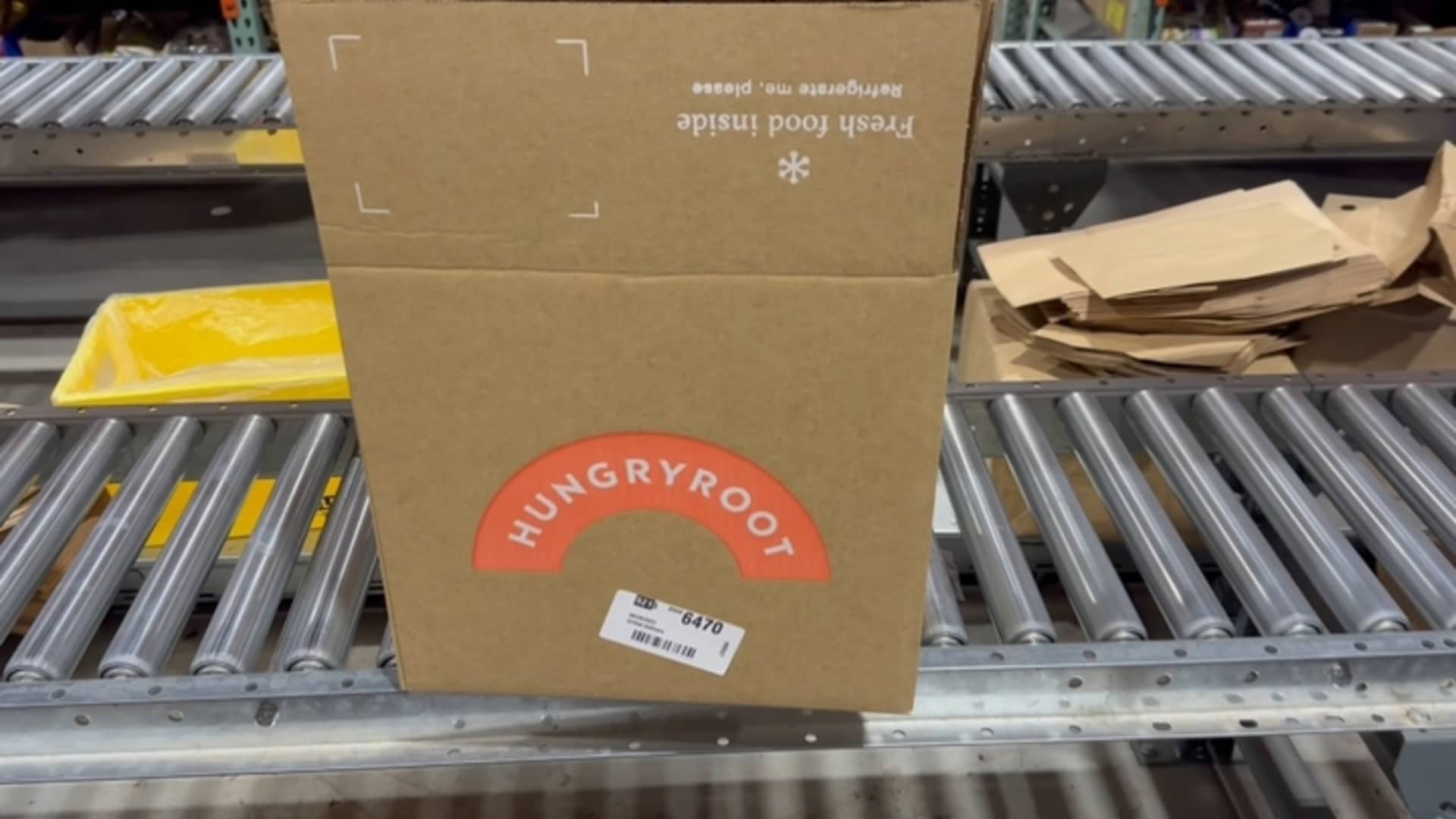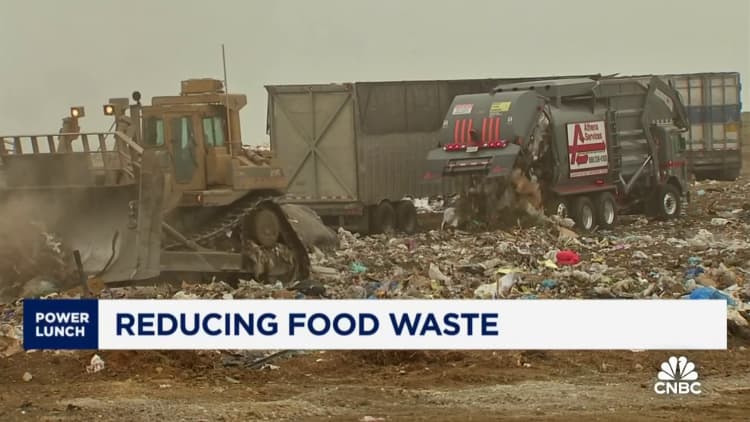

Food waste is so prolific in the U.S. that roughly one-third of the amount produced ends up in landfills rather than in stomachs. That adds up to excess production, packaging, storage and delivery requirements, all negatively contributing to climate change.
A recent study published in the journal Science found that food production accounts for 26% of global greenhouse gas emissions.
Food delivery services like HelloFresh, Blue Apron and EveryPlate reduce that somewhat by sending consumers what they need for specific recipes.
A New York-based startup called Hungryroot is going one step further. The 9-year-old company — using artificial intelligence — is providing a more curated experience and delivering the precise amount of food a consumer will use.
Customers answer a slew of questions about their food likes and dislikes, allergies and health goals. They also answer questions on how and when they cook. Taking those answers, Hungryroot’s technology infers what recipes and grocery items are best for each customer.
“Hungryroot is entirely designed to give you just the foods that you’re going to need for your week,” Ben McKean, the company’s CEO, told CNBC. “And it gives you simple recipes, so you know exactly what to do with them, and as a result, food waste with our customers is significantly reduced.”
Hungryroot sends users a list of what’s in their weekly cart, allowing them to approve or change items.
The company can reduce its own waste as well. If it determines that a user has no preference between broccoli and Brussels sprouts, and the company happens to have more broccoli in its warehouse, that’s what they’ll recommend.
The company said these processes help lead to 80% less food waste at its facilities compared with a traditional supermarket.
Investors say the unique model is also good for its bottom line.
“They have been profitable for three or four years now, which is unusual for a lot of these e-commerce, food businesses,” said Jeremy Liew, a partner at Lightspeed Venture Partners. “They’ve been able to drive that through efficiency of spend, and because they have built a business that customers really love.”
In addition to Lightspeed, Hungryroot is backed by L Catterton, Crosslink Capital, KarpReilly and Lerer Hippeau. The company has raised a total of $75 million.
— CNBC climate producer Lisa Rizzolo contributed to this piece.




